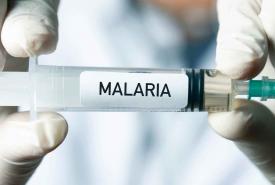Alligators mitazalimab shown to enhance cancer vaccine
Alligator Bioscience announced that preclinical data on its agonist anti-CD40 antibody mitazalimab has been published in the scientific journal Cancer Immunology, Immunotherapy.
The published data show that mitazalimab activates dendritic cells and tumor-reactive T cells resulting in enhanced anti-tumor efficacy in combination with a model cancer vaccine.


















